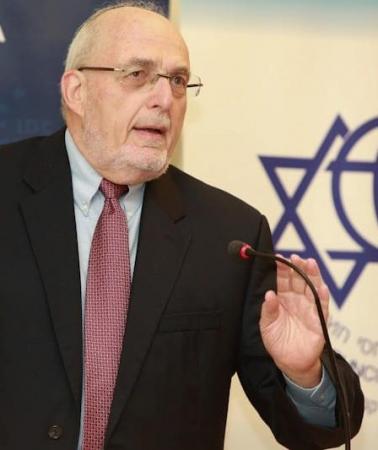International Political Science Association
Research Committee 41 – Geopolitics
Research Committee 15 – Political and Cultural Geography
Seventh International Workshop on
Political Geography and Geopolitics as scientific approaches: concepts, theories, methods, and cases
11 – 13 October 2024
Corvinus University of Budapest, Hungary
Call for Papers
Deadline – April 1st, 2024
The IPSA joint RC41 and RC15 Seventh International Workshop in Budapest, titled Political Geography and Geopolitics as scientific approaches: concepts, theories, methods, and cases is organized by the Corvinus Institute for Advanced Studies and the Lab of Geopolitics, Corvinus University of Budapest. Following the previous workshops in Moscow (2010), Jerusalem (2013), Austin (2019), Yerevan (2021), Moscow (2022), and Belgrade (2023), the 2024 Budapest Workshop will continue the traditional framework, limiting the participation to a smaller group of scholars to discuss contemporary theoretical and empirical puzzles of geopolitics and political geography. The two-day workshop is designated to bring together up to fifteen leading scholars on geopolitics and political geography to discuss the theoretical, methodological, and empirical development of the discipline.
Accordingly, the Budapest Workshop will be conducted in an open discussion format, with scholarly presentations divided into three panel sessions, with 3-5 panelists for each session. The presentation (10-15 minutes) will be followed by a brief set of oral comments by the designated discussant, after which the floor will be open to questions and comments from the audience (45 to 60 minutes).
The list of the workshop topics includes:
- The place of concepts and theories in political geography & geopolitics
- Reshaping methodological approaches in political geography & geopolitics
- Representing, visualizing, and interpreting geopolitical data
- Historical and archival research in political geography & geopolitics
- Geotagged surveys and interviews in political geography & geopolitics
- Spatial statistical analysis, spatial econometrics, and GIS technologies in political geography & geopolitics; wargaming / software and in vivo simulations
- Application of specific theories and concepts in empirical case studies in political geography & geopolitics
Keynote speaker
Professor David Criekemans
University of Antwerp
Applying for the Workshop
Unlike other international conferences, the Workshop framework is designed to limit participation to a smaller and rather selected group of invitees, each bringing to bear his or her disciplinary expertise or area studies specialization. Anyone wishing to participate in the 2024 RC-41 and RC-15 Budapest Workshop is invited to submit an initial abstract. The abstract (between 300 and 500 words) should be sent to Nuno Morgado at nuno.morgado@uni-corvinus.hu and to Igor Okunev at okunev_igor@yahoo.com. Abstracts will not be accepted after April 1st, 2024. Notice of Acceptance will be sent to the participants by April 15th, 2024.
No Registration fee for the Workshop is required.
Acceptance is conditioned, however, upon the participant’s commitment to full, active attendance at all panel sessions and discussions throughout the three days of the Workshop, in addition to one paper presentation. Participants in the 2024 Budapest Workshop are expected to cover all personal transportation arrangements, accommodation, and expenses. Limited IPSA conference travel grants may be available upon special request to help defray partial air fare costs for junior scholars or in exceptional cases.
PUBLICATION
All papers presented at the Workshop will be published in a joint edited volume by Corvinus University of Budapest and the University of Belgrade.
TIMELINE
February 20th, 2024 – Announcement & Call for Papers
April 1st, 2024 – Deadline for Submission of Abstracts
April 15th, 2024 – Notice of Acceptance
July 1st, 2024 – Full Paper Submission
September 30th, 2024 – Final Program
